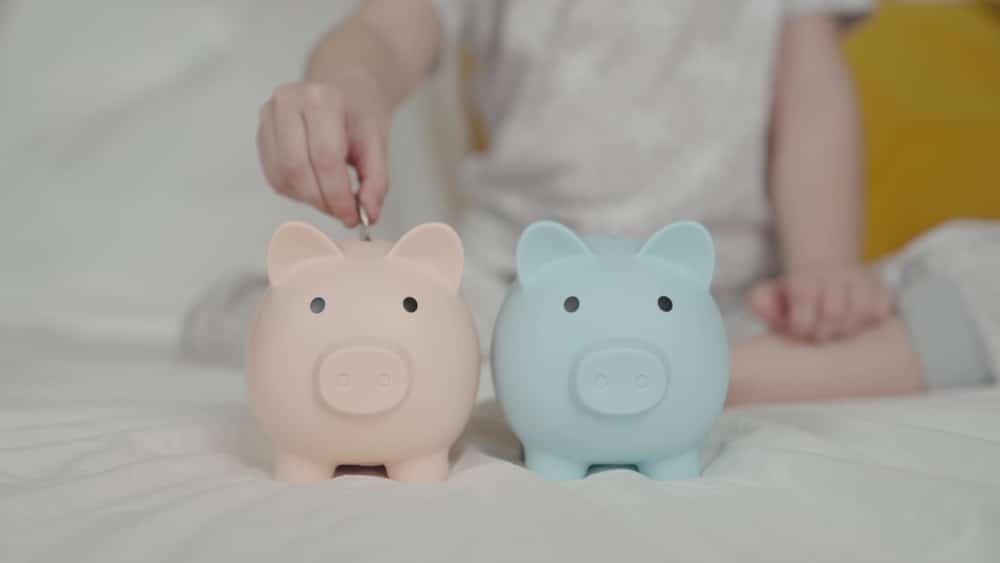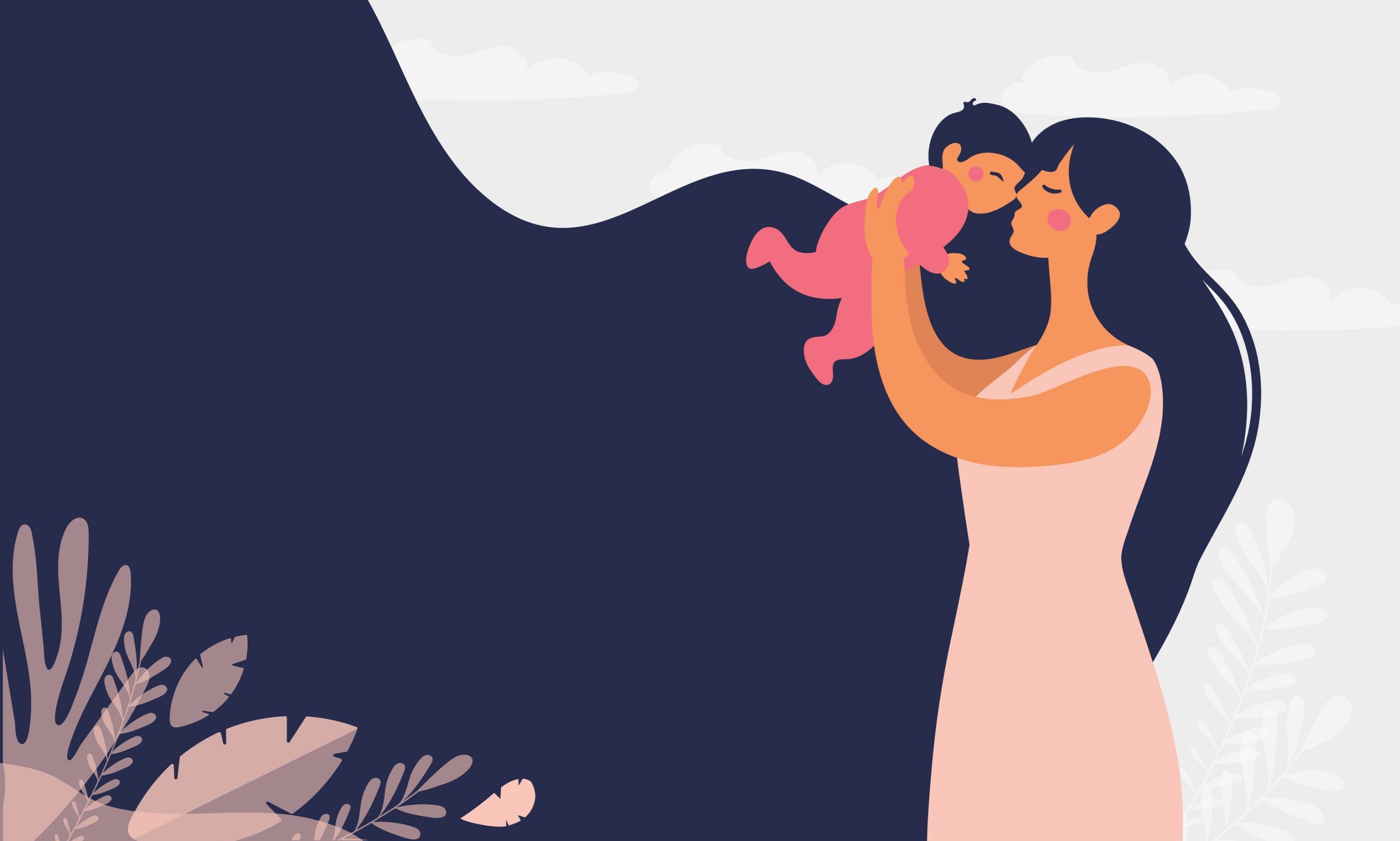The Cost of Co-Parenting: What You Should Expect
You may be under the impression that co-parenting is no different in terms of finances to conventional parenting, and you are right in terms of the cost of bringing up a child. However, when preparing for bringing a child into the world, organising your finances with a co-parent involves a very different system to organising your finances with a partner in a conventional relationship.
If you are in a relationship, whether that is same-sex or heterosexual, before you decide to bring a baby into the world you are usually aware of the financial state of the other person. You might share 100% of your finances with the other person and therefore be 100% on the same page when it comes to your disposable income and money that you have put aside for your child.
However, when you are looking to become a co-parent with somebody, particularly somebody with whom you have recently become acquainted, perhaps you met through coparents.com, you won’t know the ins and outs of the other co-parent’s financial situation, nor will you be in a position to share these finances. Co-parenting can in fact double the cost of raising a child, because in effect there will be two family homes, two households and two lots of everything for the child.
Before the child is born, it is important for prospective co-parents to look at their finances and their budget for bringing up the child to ensure that their projections and resources are in line with each other. Money that you are going to be spending on the child must be agreed, as this is all part of your parenting style.
Raising a child up to the age of 21 can cost upwards of $300,000, according to financial experts, and there may be costs that you haven’t even thought about that make a huge difference to the way that you want to bring up your baby.
Starting from the beginning with pre-conception, conception, giving birth and post-natal care, you will need to think about health insurance and medical bills, depending on which country you and your co-parent live in. Health insurance may well not cover everything that you expect, and so before you even conceive you need to ensure that you are well covered in terms of routine check-ups, vaccinations and delivery as well as paediatric bills.
Childcare is also a big cost, no matter how you are having your baby. With two households and two parents, you may be able to successfully formulate a childcare plan that doesn’t involve paying for outside help too much, but eventually you will find that both of you want to work or that you both make plans on the same evening, and so you will need to find the collateral to fund childcare. If you are thinking of enlisting the help of a baby nurse and a nanny, this will need to be factored into your budgets.
Essentials to factor in will be things such as diapers, pharmaceuticals and nutrition. Co-parenting is tricky in terms of feeding your baby, as if you wish to breast feed it may be cheaper than buying formula but to enable you to share responsibility you will need to invest in thing such as breast pumps and bottle warmers so that the mother does not need to be on hand constantly.
Then you have the case of more material good such as baby clothes and furniture. These are all essential things, and will need to be factored into your budget very specifically, as they can certainly add up! Babies grow extremely quickly, and so you will feel like you’re buying clothes almost every week, which is a great reason not to spend heaps on just one little pair of booties.
One of the best ways to ensure that you don’t overspend on your baby and that you keep within your budget is to seek advice from those around you that have already had kids. You might think something that you’ve seen in a catalogue looks incredible and extremely useful, but a friend might tell you that it’s a complete waste of money. Think carefully about what you buy in preparation, and think carefully about what you spend your money on once the baby has arrived. Remember, you baby doesn’t know, or care, if its clothes are designer labels, or its furniture is second hand, all it needs is a loving home and loving parents.















Hi Don,
I am looking for a co-parent. I am 35 years, and would really like the dad to be involved in the child’s life. Let me know if you are interested.
I am a 60 years old heterosexual male financially independent who hasn’t experienced the joy of being a parent.What would the chances be of attracting a coparent being more senior in years.I enjoy good health and I am very fit going to the gym daily.
Regards
Your chance would be as good as anyone else.